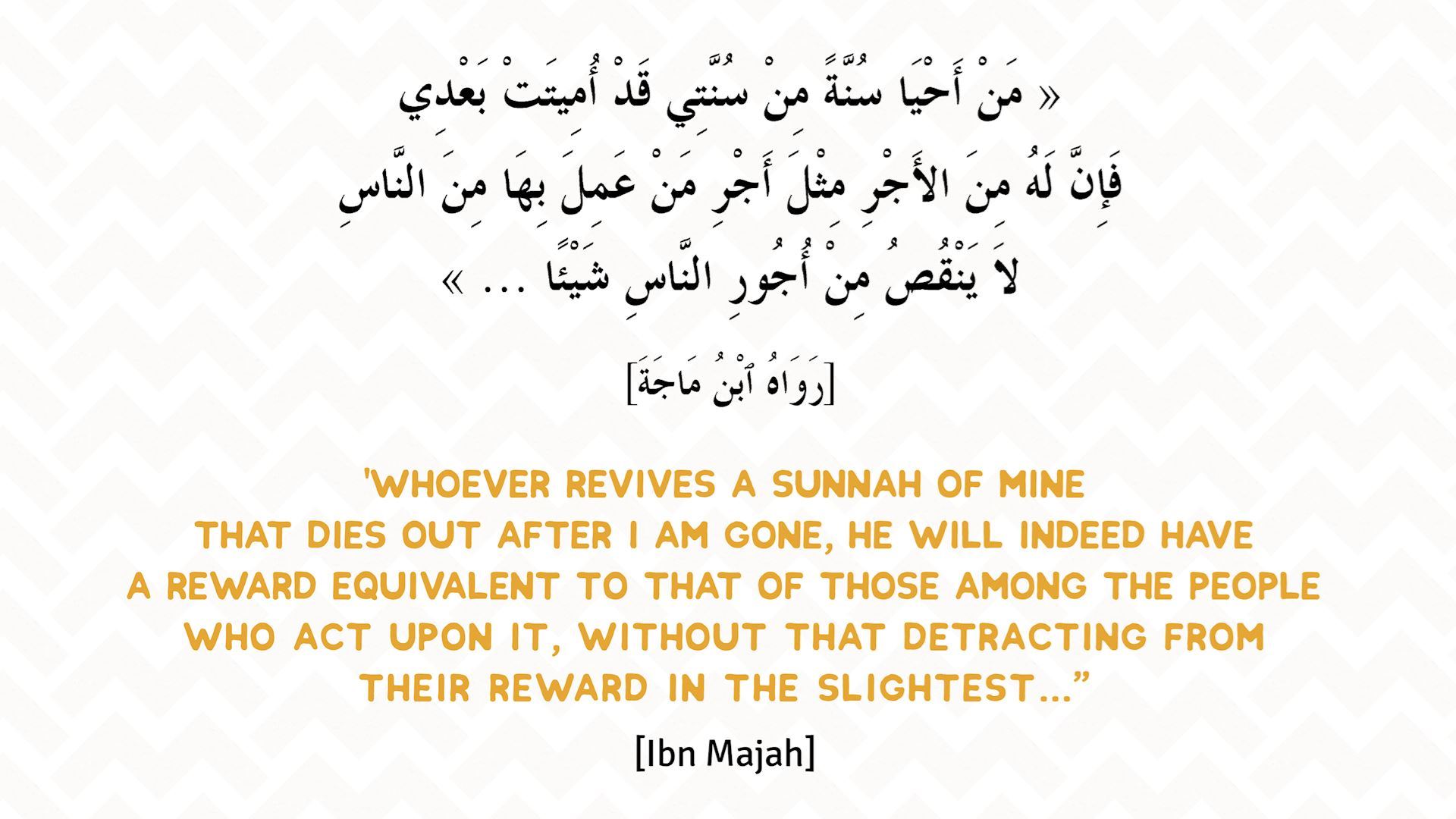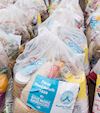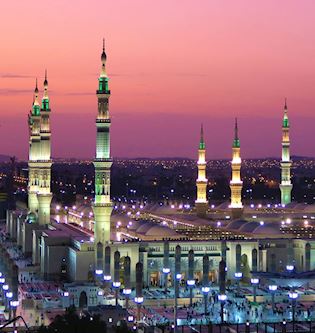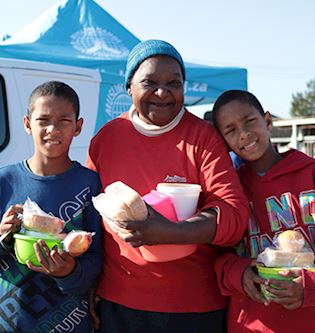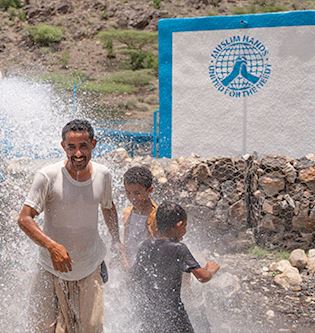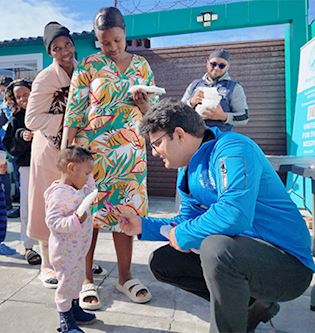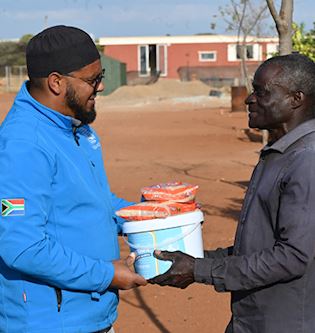The Virtues of giving a Prophetic Qurbani
Following the Prophets (saw) steps:
On the day of Eid-ul-Adha, the Prophet Muhammed (saw) generously made two Qurbani sacrifices - one for himself and another for those of his Ummah who were unable to make the sacrifice themselves.
This second sacrifice is known as the Prophetic Qurbani and is a beautiful Sunnah practice that the Prophet (saw) advised his family and friends to also do.
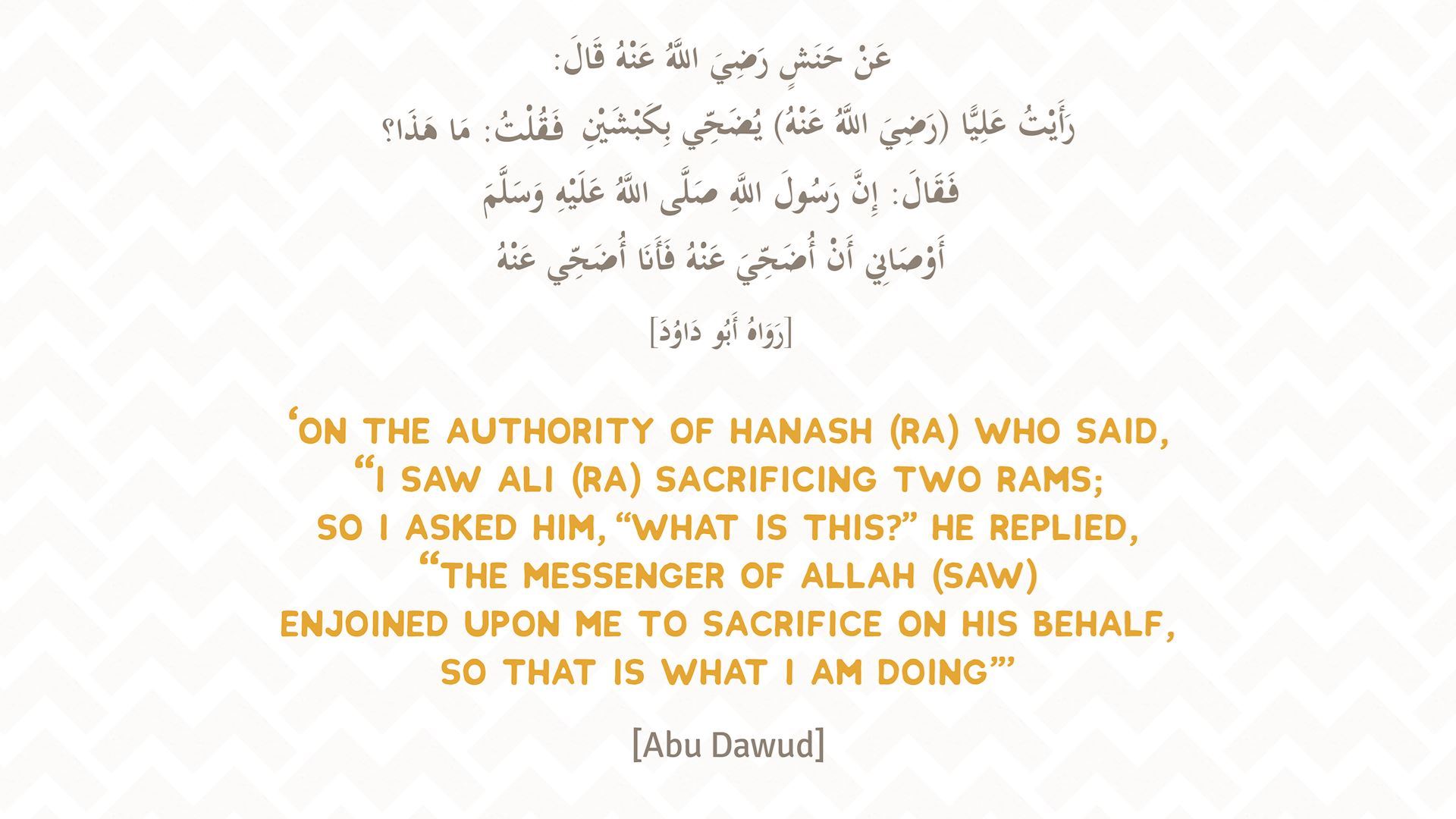
Thereafter, this tradition was continued by the Sahabah (ra):
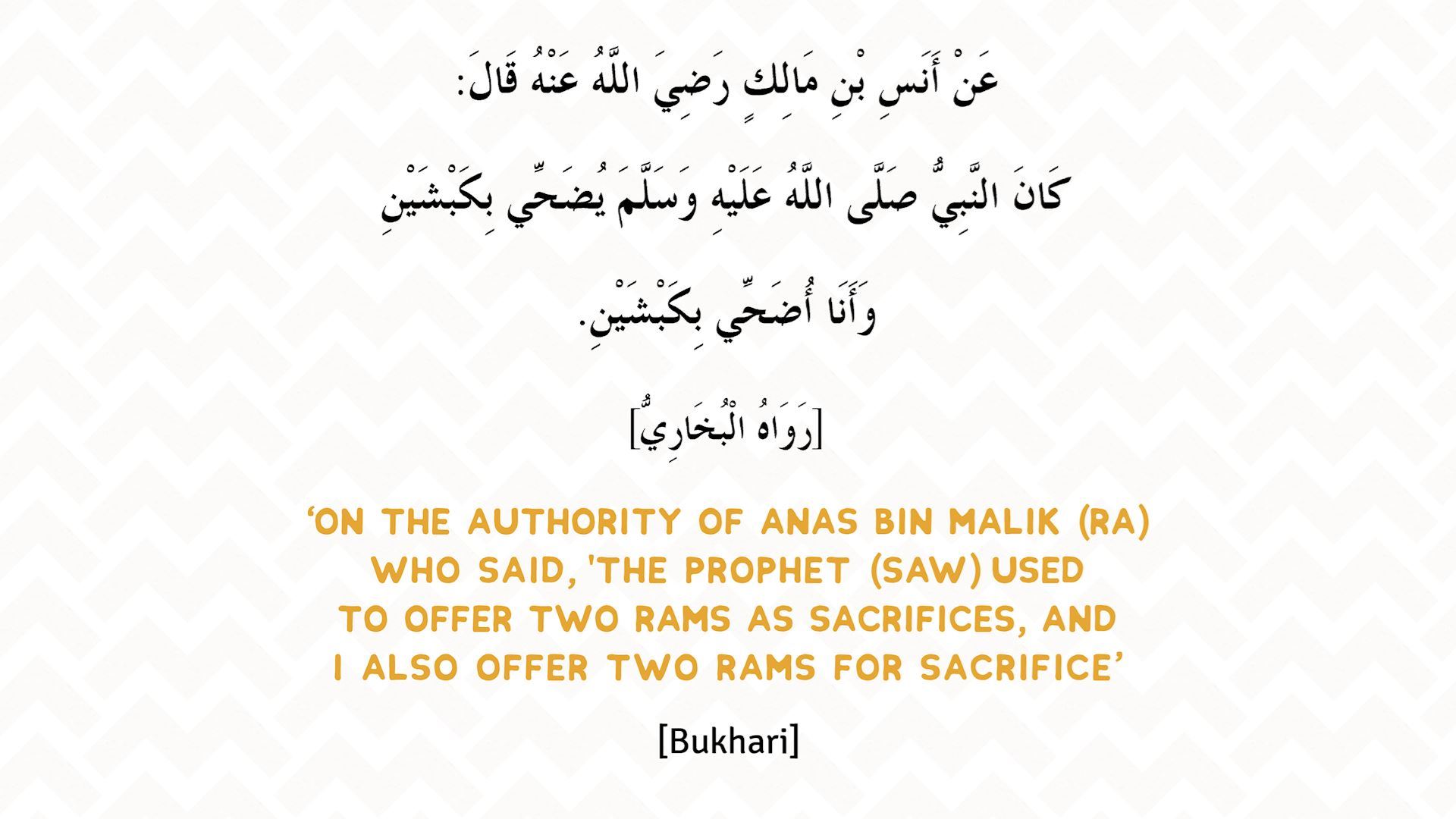
Today, this beautiful act of generosity is all but forgotten. How many of us offer a Prophetic Qurbani when giving our own sacrifice? How many are even aware of this important Sunnah?
The Qur’an tells us the Prophet (saw) is the best example for mankind:
‘There is indeed a good model for you in the Messenger of Allah [saw] - for the one who has hope in Allah and the Last Day and remembers Allah profusely’. (Qur’an 33:21)
It is important that we as the Ummah follow the Prophet’s (saw) exemplary teachings and what better way of practicing the Sunnah than giving a Prophetic Qurbani?
The benefits of giving a Prophetic Qurbani?
On the authority of Anas (ra) that the Prophet (saw) said, ‘None of you truly believes until he loves for his brother what he loves for himself’. (Bukhari and Muslim)
This hadith holds much importance for those who have the means to give on behalf of the Ummah. Millions of Muslims who fall below the Nisab threshold do not have the opportunity to offer a Qurbani sacrifice and so do not get to participate in this religious ritual that commemorates the sacrifice of Prophet Ibrahim (as).
By giving on behalf of these people, you are not only doubling your reward but are also ensuring that they too are also involved in the blessed festivities of Eid-ul-Adha.
Around the world, meat is an unaffordable luxury for many poverty-stricken families. The extra sacrifice you make can ensure that these communities have a hot, nutritious meal, with fresh meat, on Eid ul-Adha, in the same way that Zakat al-Fitr is given at the end of Ramadan, ensuring that the helpless are fed on the day of Eid.
